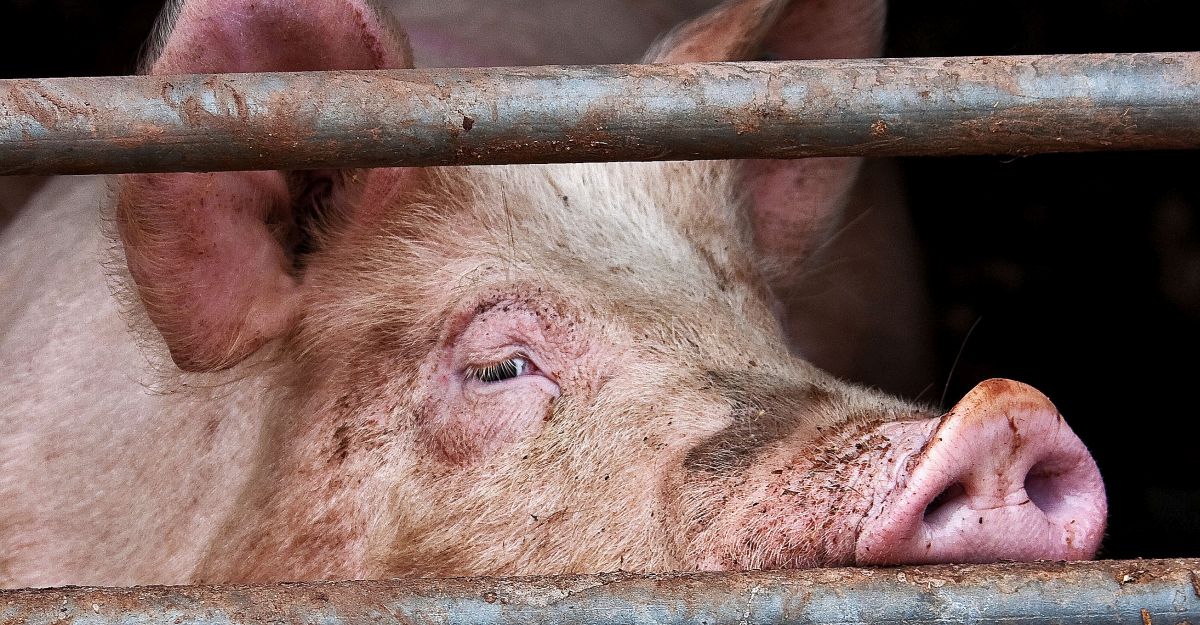Gore Vidal first visited Australia in 1974, and lunched with Prime Minister Whitlam at the Lodge, where they sparred jocularly over the historical accuracy of Vidal’s novel about the Roman Emperor, Julian. Vidal was much taken with Gough, though he remarked that it was difficult to preserve the line between vanity and overweening vanity. The same could be said of Vidal himself.
Whitlam seemed the sort of politician Vidal imagined himself: educated, patrician and a convinced social democrat. Thirty years later, Gore was back in Australia, dining with Bob Carr, whom the ABC subsequently persuaded to be filmed driving through Los Angeles with Vidal, as he held forth on the evils of the American empire. One suspects that particular piece of footage is not held in high regard by Carr’s current department.
My connection with Vidal stemmed back to the seizure in 1971 by a zealous Sydney Airport customs official of his novel Myra Breckinridge, which became the basis for a Council of Civil Liberties trial aimed at our then draconian censorship laws. Customs won the case – Judge Levine concluded that there were passages in the book ‘introduced for the sake of dirtiness, and from the sure knowledge that notoriety earned by dirtiness will command for the book a ready sale’– but soon Don Chipp abolished the laws that allowed the seizure in the first place.
Defending Vidal in court proved the basis for a long acquaintanceship, although one limited by my position in the literary pantheon. After all, as Gore once observed, ‘in the world of stars no-one is a stranger’. I was invited to stay at the villa at Ravello, but not, sadly, at the same time as either Princess Margaret or Mick Jagger.
Vidal was always a generous host, as long as he remained the centre of attention. In a fifty year partnership with Howard Austen that stretched from homes north of New York to Rome to Ravello to Los Angeles he maintained a strict routine: writing in the morning, hunting for sex in the afternoon, dinner with friends in the evening. The routine was interrupted only by travel or by his two attempts to enter politics, his race for a Congressional seat in 1960, and the more quixotic campaign for the Democratic Senatorial nomination in 1982.
Vidal had ended any real possibility of achieving political success through his early novel The City and the Pillar (1948), one of a small group of novels – Baldwin’s Giovanni’s Room; John Horne Burns’ The Gallery – that dared depict homosexual relations realistically in post-Second World War America. Gore claimed bitterly that he was ostracised by the literary world for that book but I suspect he published it knowing it would end his family ambitions for a political career.
Vidal insisted that he was bisexual, and often spoke disparagingly of those he referred to as ‘homosexualists’. Only they and Catholic priests, he said once, are interested in marriage: ‘But since those who believe in romantic love suffer so much anyway, I would not dream of adding to their sufferings.’ Interestingly he revealed his own romantic love for fellow student, Jimmie Trimble, both in his memoirs Palimpsest and his novel The Smithsonian Institution.
Vidal was a remarkably disciplined and hard-working writer, as is evident from the research behind his historical works, not only the remarkable series about the United States, which runs from Burr through Lincoln to The Golden Age, but also Julian and Creation, which grew out of his realisation that in one lifetime, five centuries before the rise of Christianity, it would have been possible to have met Buddha, Confucius, Zoroaster and Socrates.
Conventional wisdom claims that he was best as an essayist, though I suspect some of his critics are too lazy to have read most of his novels. Not only was he a master of the historical genre, he also created some of the blackest satires of contemporary America, such as Duluth and The Smithsonian Institute. And Myra Breckinridge, which subsequently became one of the all-time bad films, should be read as the founding text of queer theory, even if it is far too frivolous to appear on graduate school reading lists.
When I was approached some years ago to write a book about ‘a celebrity’, I chose Vidal, fascinated by the career of a writer who was also a would-be politician, and a recognisable icon of American intellectual life for half a century. We agreed that I would only show Gore the manuscript once it went for copy editing, and he could only correct factual mistakes.
He must have read the manuscript four or five times, and clearly brooded on what he saw as insufficient recognition, but he did agree to appear at two events for the book at bookstores in southern California. By then he was eighty, walked with difficulty, drank too much, and was clearly mourning Howard, who had died two years earlier. But the presence of an audience – and Vidal was still able to draw hundreds to bookstores – rekindled the old hunger for adulation.
I learnt much from Gore Vidal, not least that if one craves fame one can never be certain one is famous enough. In that week we spent together in 2005 there was something very sad about his constant need to reassure himself of his importance, and the sudden bursts of anger about hurts and rivalries going back over a long career.
The last time I saw him was at a PEN dinner in Los Angeles, where he was the guest of honour. He sat patiently at his table as writers of whom he had clearly never heard were rewarded. At the very end of the dinner I introduced him to someone whose work he did know, science fiction writer Ursula le Guin. His face lit up with pleasure, and the charming, courteous and witty Gore of old returned. At his best, there were few who matched him as the perfect dinner companion.






